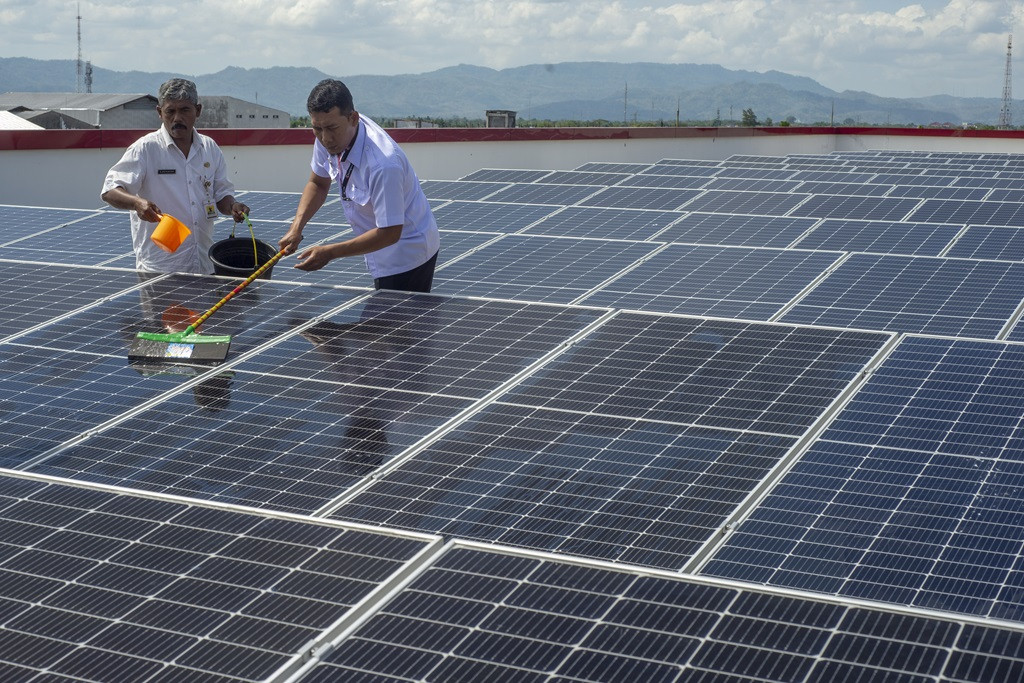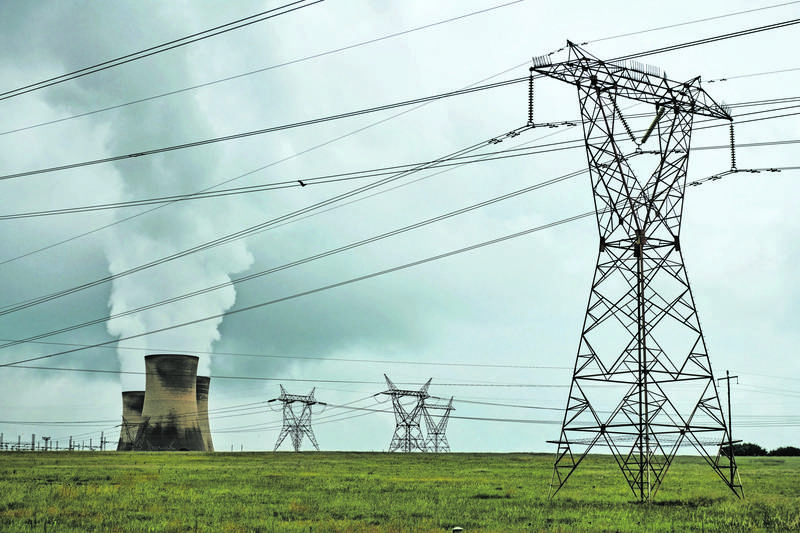In a groundbreaking move at the Group of 20 Summit on Nov. 15, 2022, in Bali, Indonesia pledged to reshape its energy trajectory by endorsing the Just Energy Transition Partnership (JETP) Joint Statement. This historic agreement, inked with the International Partners Group (IPG), led by Japan and the United States, signifies a paradigm shift toward a low-carbon future and a commitment of US$20 billion in financing. The goal is to substantially reduce emissions by 290 million tons from the power sector and boost renewable energy deployment by 34 percent by 2030, surpassing the Enhanced Nationally Determined Contributions. The Comprehensive Investment and Policy Plan (CIPP), launched on Nov. 21, 2023, outlines a holistic pathway for Indonesia’s energy transition, emphasizing the crucial Just Transition Framework.
The Role of UNDP in the Just Transition Working Group
The United Nations Development Programme (UNDP), entrusted by the Indonesia JETP Secretariat, leads the JETP Just Transition working group. Collaborating with five other international and national agencies, the working group aims to formulate the Just Transition Framework. This framework serves as a tool to assess and guide the energy transition process, ensuring sustainability and fairness. The concept of “just” transition navigates the complexities of substantial changes, balancing risks and opportunities. The working group crafted a comprehensive definition of just transition, emphasizing equitable distribution of social, economic, and environmental risks and opportunities among stakeholders, with a focus on empowering vulnerable groups.
Key Components of the Just Transition Framework
The Just Transition Framework (JT Framework) is founded on principles of equity, human rights, gender equality, and accountability. Drawing from established criteria in social and environmental safeguards, the JT Framework introduces a novel standard for economic diversification and transformation. The framework offers guidelines for conducting Just Transition assessments, determining actions to mitigate risks and maximize opportunities associated with specific energy transition investments. It provides a strategic sequence of steps leading to recommendations for implementable Just Transition programs and interventions at various levels.
Implementation and Collaboration
Implementation of Just Transition programs requires collaborative efforts, involving project developers, communities, civil society organizations, governments, and development partners. The JT Framework, a comprehensive guide, advocates systemic changes for an inclusive and equitable energy transition. Its three key features distinguish it: recognition of nuanced risks and opportunities, explicit prioritization of vulnerable stakeholders, and active cultivation of an enabling environment for socio-economic and environmental benefits.
Seizing the Momentum for a Sustainable Future
With the recent launch of the JETP’s Comprehensive Investment and Policy Plan (CIPP), there is a critical need to mainstream and operationalize the JT Framework in Indonesia’s vision for energy transition. The value and relevance of the JT Framework extend beyond the initial scope of JETP, making it a catalyst for inclusive development. UNDP looks forward to collaborative efforts in implementing the Just Transition Framework, steering Indonesia toward a truly just, equitable, and sustainable energy future.
Source: thejakartapost.com





